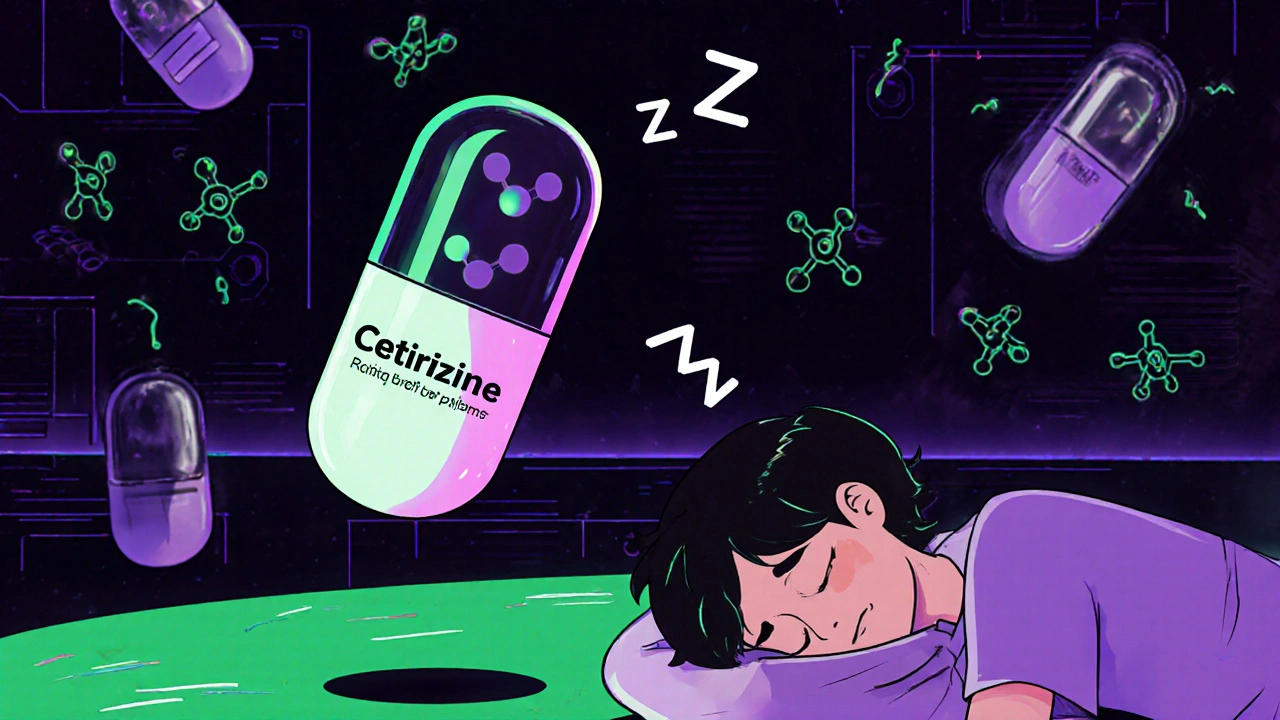Side Effects – What They Are, How to Spot Them, and Why They Matter
When you take a pill, a cream, or even a vitamin, you expect it to help, not hurt. But every medicine comes with a chance of unwanted reactions. Those reactions are called side effects, and they can range from a mild headache to a serious health issue. Knowing what to look for can keep you from unnecessary trouble.
Side effects happen because drugs affect more than just the target problem. They interact with other cells, organs, or even the gut bacteria, creating a ripple effect. Some people feel them right away; others notice them after weeks of use. Age, other meds, and personal health all play a role, so one person’s experience may differ from another’s.
Common Side Effects You Should Know
Here are a few reactions you’ll see most often across many drugs:
- Nausea or upset stomach – many oral meds irritate the lining of the stomach.
- Drowsiness or fatigue – antihistamines, pain relievers, and some blood pressure pills can make you sleepy.
- Headache – a common complaint with antibiotics, hormonal treatments, and some antidepressants.
- Dry mouth – often reported with anticholinergic drugs and some antidepressants.
- Skin rash or itching – allergic‑type reactions that may need a doctor’s look.
If any of these pop up, write them down. Note when they started, how long they lasted, and if they got worse after each dose. This record helps your healthcare provider decide whether the drug is still right for you.
How to Manage and Report Side Effects
First, never stop a prescription without asking your doctor. Some side effects fade as your body adjusts, and stopping abruptly can cause rebound problems.
If a reaction feels mild, try these steps:
- Take the medication with food if the label allows – it can soothe the stomach.
- Switch to a bedtime dose for drowsy meds – you’ll sleep through the cloudiness.
- Stay hydrated – water helps dilute substances that cause dry mouth or headache.
- Use over‑the‑counter remedies (like antacids) only after checking with a pharmacist.
When a side effect feels severe—like trouble breathing, swelling, rapid heartbeat, or unexplained bruising—seek medical help right away. Those signs can mean a life‑threatening reaction that needs emergency care.
After you’ve dealt with the immediate issue, report the reaction. Most countries have a national reporting system (for example, FDA’s MedWatch in the U.S. or MHRA’s Yellow Card in the UK). Your doctor can also file a report. Every report adds to the data that helps shape safer drug guidelines.
Beyond the big‑picture benefits, understanding side effects lets you weigh risks versus rewards. If a drug’s upside is huge but the downside is manageable, you may keep it. If the downside outweighs the benefit, your doctor can suggest an alternative.
At DDK Health Live, we break down side effect info for dozens of medicines—from antibiotics like Ofloxacin to antihistamines like Allegra, from blood pressure pills to hair‑loss treatments. Our articles spell out what to expect, how to monitor, and when to call the doctor. Dive into the list below to find the drug you’re curious about, then use the tips above to stay safe.
Cetirizine vs Levocetirizine: Which Causes Less Drowsiness and Why
Cetirizine and levocetirizine both treat allergies, but levocetirizine causes less drowsiness. Learn the real differences in side effects, dosing, cost, and which one works better for your lifestyle.
Bupron SR Uses, Side Effects, and Tips for Safer Antidepressant Treatment
Discover Bupron SR, a popular antidepressant. Learn its uses, how it works, side effects, and advice for safe mental health management in a simple way.
Levocetirizine Benefits, Dosage, and Side Effects: The Complete Clinical Guide
This hands-on guide cuts through the jargon to explain what levocetirizine does, who it's for, and what to watch out for, based on real clinical facts.
Zanaflex: Uses, Benefits, Dosage, and Real Insights for Muscle Spasm Relief
Discover everything about Zanaflex: how it works for muscle spasms, real experience tips, recommended dosages, and potential side effects—all in plain language.
Benzac: Clearer Skin Secrets, Side Effects, and Real Results
Benzac is a go-to treatment for acne, but there's more to it than meets the eye. Discover how it works, the surprises it holds, side effects nobody mentions, and tips for real results.





